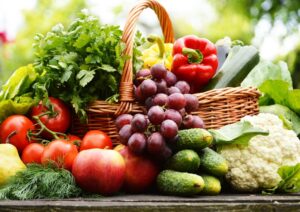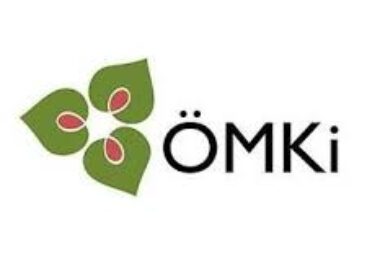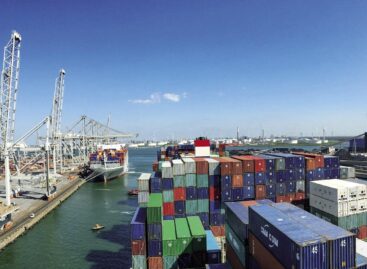Organic food is only sold in Hungary through imports – public catering could be a breaking point
Although the domestic retail turnover of organic food is growing dynamically, household consumption is still low, and the majority of production is exported. According to domestic organic producers, the solution could be integration into public catering – but this would require complex logistics and processing developments.
 Based on research conducted jointly with NielsenIQ, the Organic Agriculture Research Institute (ÖMKi) announced that the turnover of organic food and beverages in Hungary increased by 36% between 2022 and 2024, to nearly 40 billion forints. This is a welcome increase, but it still only accounts for 0.6% of the total retail food turnover. We are also far behind in European comparisons: while an EU consumer spends an average of 66 euros on organic food annually, this amount in our country is barely 10 euros.
Based on research conducted jointly with NielsenIQ, the Organic Agriculture Research Institute (ÖMKi) announced that the turnover of organic food and beverages in Hungary increased by 36% between 2022 and 2024, to nearly 40 billion forints. This is a welcome increase, but it still only accounts for 0.6% of the total retail food turnover. We are also far behind in European comparisons: while an EU consumer spends an average of 66 euros on organic food annually, this amount in our country is barely 10 euros.
Consumers primarily buy vegetables, fruits and baby food in organic quality – however, a large part of these are imported. Around 90% of domestic organic production is exported, mostly unprocessed, so Hungarian raw materials often return to domestic stores as processed, higher value-added products from, for example, Germany or Austria.
According to experts, the domestic organic sector could only break out of this vicious circle if domestic organic products were also available in processed form – flour, cooking oil, frozen goods – and if producers joined forces to enter the retail and catering supply chains. Discount chains, for example, are already opening: organic fruit and vegetable turnover increased by more than 60% between 2022 and 2024.
According to ÖMKi, there is a serious opportunity if organic raw materials were also included in public catering. However, this requires a gradual transition, as kitchens plan months in advance and need prepared, packaged ingredients. A “bag of potatoes” is not enough: a guaranteed, continuous supply is needed, which requires storage capacity, processing infrastructure and coordinated logistics.
Related news
Related news
Pálinka, my love…
🎧 Hallgasd a cikket: Lejátszás Szünet Folytatás Leállítás Nyelv: Auto…
Read more >Not a turnaround, but consolidation: an agricultural outlook for 2026
🎧 Hallgasd a cikket: Lejátszás Szünet Folytatás Leállítás Nyelv: Auto…
Read more >









